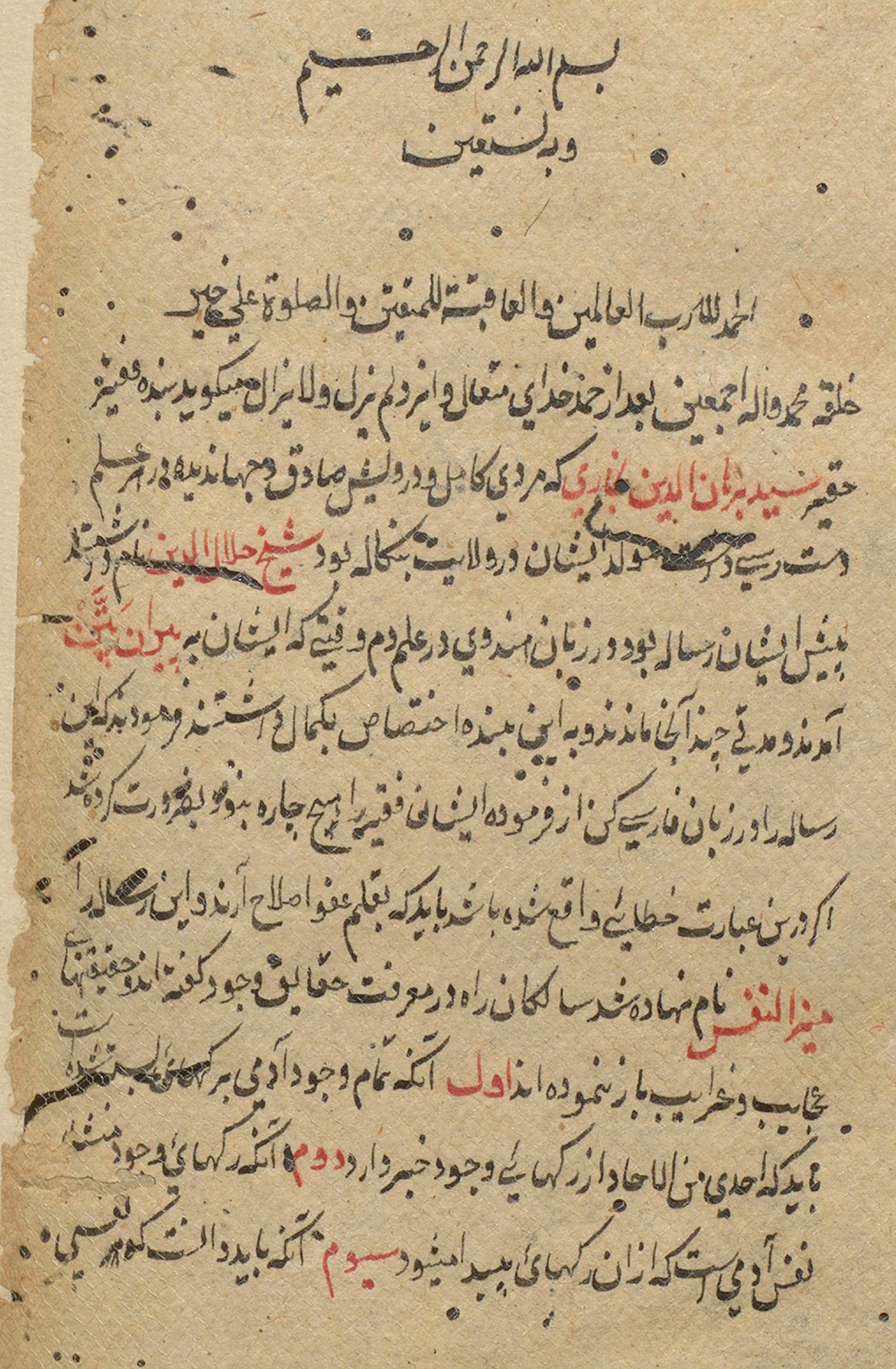This past fall I started a new part-time teaching gig, teaching world religions and Islamic philosophy in the Department of Philosophy at the University of Colorado - Colorado Springs. The trick was that the semester started in August, while I was not going to move back to Colorado until October…sooooo, I started teaching online. I have taught online before, but that was in 2009, and I was curious to see different the experience would be.
Currently on my third online course at UCCS, I can say definitively that I am enjoying the experience, in large part because the students are very engaged. Just like traditional “brick and mortar” classes, there is always the possibility of a few students who are not very active in class and do not prepare. But the vast majority are clearly doing the work, and even going beyond the participation expectations that I have set for the course. As someone who continues to work at establishing a daily writing practice, sometimes I am amazed at how many words per day I produce through participating on discussion threads and correspondence with my students. Beyond typing constantly, I am also learning to take advantage of all of the wonderful audio/video features so that students hear my voice, see my face, and generally appreciate that they are working with a real life person on the other end of the screen. And still…it is just so different from standing in front of a lecture hall or sitting at a table in a seminar. Being in person, I pay attention to students’ body language, facial expressions, as well their questions and comments. Teaching online, there is a serious disembodiment factor that I think still merits quite a bit of attention.
I recently had the opportunity to visit UCCS for the first time to participate in the department’s external review process (see awesome mountain lion statue below!), and I was struck by how excited I was to tell my students that they could meet me in person. A colleague in the department lent me his office, so instead of meeting students over Skype or talking over the phone, I got to be present with them IRL, as the kids say. In these conversations, it struck me how much laughter there was in the room - using humor judiciously is a major part of my teaching style, and it is one of the things that I miss the most about being in a physical classroom. But perhaps there are other ways to approach this issue.
The first would be stop trying to make online teaching somehow equivalent to traditional teaching. So much of the technological innovations around audio and video are designed to make it easier to connect teachers and students in a way that mimics being together in person. These are wonderful adaptations, and I will continue to learn how to use them more effectively, but I also think that it is important to acknowledge that online education is a different realm. Especially for courses that are asynchronous, meaning that there is not a “live” connection where I am sitting at my computer at the same time as my students, there are incredible benefits in terms of flexible scheduling and increased access. When my schedule is disrupted by things like a child home sick from school, or an interminable trip to the DMV, I’m not that stressed because I know that I can log on and respond to my students at any time of day or night, and they can too.
I put in the effort to provide extensive feedback on assignments so that students know that I take their work seriously. I would do this in a traditional course, but with teaching online, this feedback is even more important because there are no other ways for me to connect with my students. There is no equivalent to a friendly wave when our paths cross on campus. There is no opportunity for chitchat about last night’s basketball game. Instead, I find that all of my interaction is very business oriented, dealing with course content, fielding questions about assignments, and doing all. that. grading.
Something I would like to learn more about is how this all feels from the student side. Given how busy undergraduates are, juggling school, multiple jobs, family commitments, and life’s daily grind - what do they think about online vs. traditional courses? Especially at schools where there is a mixture of the two, and there are often students taking both types of courses simultaneously. This is a question I’m going to pursue with my students this semester, and hopefully have some type of meaningful data to write about in May when the semester is over.
Perhaps the longer I teach exclusively online, the more normalized this will all become. I do have to admit, I don’t miss struggling to get ready for work, worrying if I have my power point saved to the right USB drive, finding parking in the morning, and finishing teaching only to remember that I didn’t have time to eat breakfast, and now I have to splurge at the campus food court to buy lunch when I’m trying to stick to a tight budget (grad student habits never die). Maybe I will start holding occasional class sessions on Second Life, so I can really see my students (albeit in the form of their digital avatars), or I will double-down on platforms like Web-Ex to do more live video conferencing. But maybe I will just accept that this is a different kettle of fish, and find a different way to tell all of the jokes I have built up over the years.







